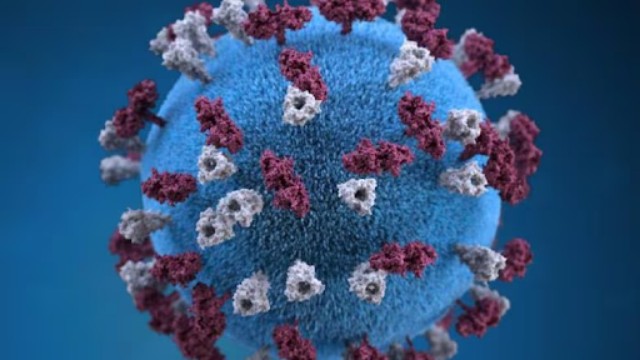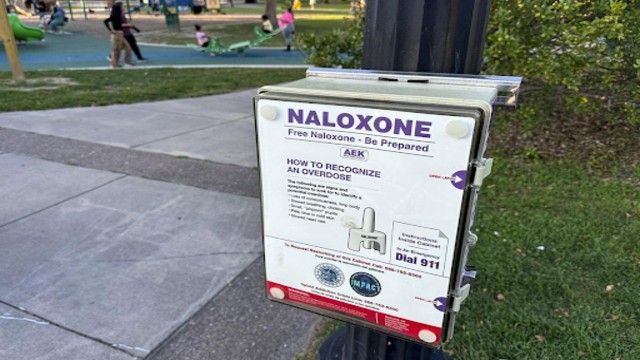
According to the World Health Organization (WHO), one out of every six people worldwide faces challenges with infertility – as reported on April 10, 2023.
A recent Danish study, published in the BMJ, suggests that long-term exposure to air pollution may increase men's risk of infertility, while road traffic noise poses a similar threat to women's fertility, especially those over 35. The research highlights how environmental factors could be contributing to the growing issue of infertility, a problem that impacts one in six adults in Canada.
The study examined data from Denmark’s national registry, tracking over 526,000 men and 377,000 women aged 30 to 45 years from 2000 to 2017. The research focused on individuals with fewer than two children and excluded anyone already diagnosed with infertility or who had undergone sterilization. By calculating annual average levels of fine particulate matter (PM2.5) and road noise at participants' homes, the study found significant links between these factors and infertility.
Men exposed to high levels of air pollution showed a 24% higher risk of infertility. Meanwhile, for women over 35, exposure to road noise was associated with a 14% increased risk of infertility. This association was not seen in younger women or men under 37. The study suggested that inhaled air pollutants might affect sperm quality, while noise pollution could trigger stress and sleep disturbances that impair fertility, particularly in women whose fertility is already in decline due to age.
The study's senior author, Allan Jensen from the Danish Cancer Institute, stressed that while these findings are based on strong data, further research is needed to confirm the biological mechanisms behind the links. However, he noted that noise and air pollution are already known to cause health problems like cardiovascular disease and diabetes. If future studies confirm these findings, it could bolster arguments for stricter regulation of these environmental hazards.
This research also resonates beyond Denmark. In Canada, the fertility rate hit a record low in 2022, with only 1.33 children per woman, down from 1.41 in 2021. This decline was among the largest in high-income countries. Fertility Matters Canada reports that infertility can cause significant physical, mental, and financial stress, often leading to depression and anxiety. The executive director, Carolynn Dubé, emphasized that infertility’s impact on mental health can be as severe as a cancer diagnosis, yet it doesn’t receive the same level of attention or support.
Dubé also highlighted the importance of timing in fertility. Both men and women face a biological clock, but women’s fertility is generally more time-sensitive. As environmental factors like pollution and noise add to the stress, the study underscores the growing urgency to address these issues for the sake of public health.
In conclusion, this study sheds light on the hidden environmental risks affecting fertility. While the findings are observational, they raise important questions about how pollution and noise impact reproductive health. For those concerned about their fertility, seeking advice from medical professionals or organizations like Fertility Matters Canada is recommended.















